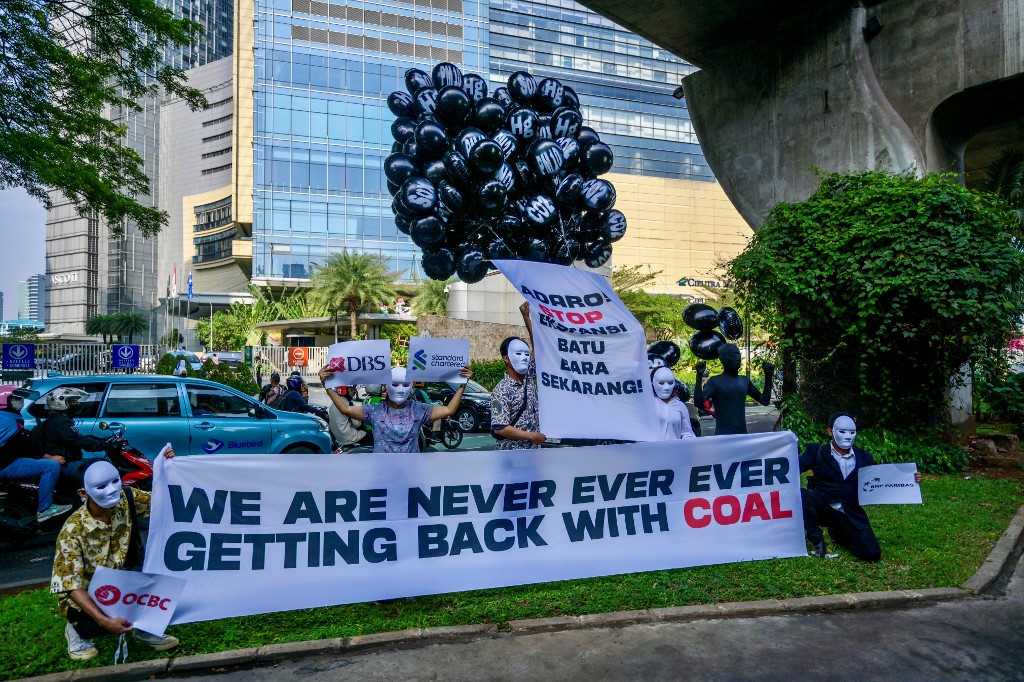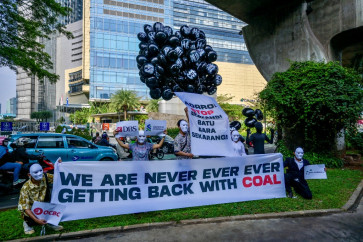Popular Reads
Top Results
Can't find what you're looking for?
View all search resultsPopular Reads
Top Results
Can't find what you're looking for?
View all search resultsResponsible mining can advance global environmental goals
Coordinated action that bases its approach on human rights is urgently needed to protect vulnerable communities amid the surging demand for minerals and metals as the energy transition accelerates across the globe.
Change text size
Gift Premium Articles
to Anyone
F
ueled by the clean energy transition and surging gold prices, demand for critical minerals and metals is rising at an unprecedented pace. This trend has supercharged mining activities, posing a serious threat to biodiversity and vulnerable populations, especially indigenous communities. To mitigate the impact and stave off the worst, coordinated global action is more urgent than ever.
To be sure, minerals and metals mining is vital for the energy transition and global economic growth. However, it also jeopardizes the ecosystems that sustain life, leading to habitat destruction and fragmentation, deforestation, water and soil pollution, wildlife poisoning, food insecurity and watershed loss. Indigenous and local communities often bear the brunt of this crisis, which threatens their livelihoods and their right to a clean and healthy environment.
At the same time, recent studies project that demand for critical minerals, largely driven by the accelerating pace of the green transition, will double by 2030 and quadruple by 2040. Meanwhile, falling interest rates, geopolitical uncertainty, portfolio diversification and speculative investments are expected to push gold prices even higher.
Against this backdrop, Colombia has recently called for a binding international agreement to ensure traceability, transparency and accountability across the entire minerals value chain, from mining to recycling, by the 2025 United Nations Climate Change Conference (COP30) in Brazil.
Unveiled during this year’s 16th Conference of the Parties (COP16) to the UN Convention on Biological Diversity in Colombia, this proposal follows the recommendations of the UN Secretary-General’s Panel on Critical Energy Transition Minerals. It aims to bolster due diligence, promote corporate accountability and establish a global market for essential clean energy inputs. At its core is a commitment to promote the responsible extraction of minerals and metals without abandoning environmental and biodiversity goals.
To that end, Colombia’s proposal was accompanied by a joint voluntary declaration on responsible mining practices that outlined a series of concrete steps, including the formation of an ad hoc intergovernmental and multi-stakeholder working group.
It should not come as a surprise that Colombia, one of the world’s most biodiverse countries, is spearheading efforts to promote responsible mining practices.



















